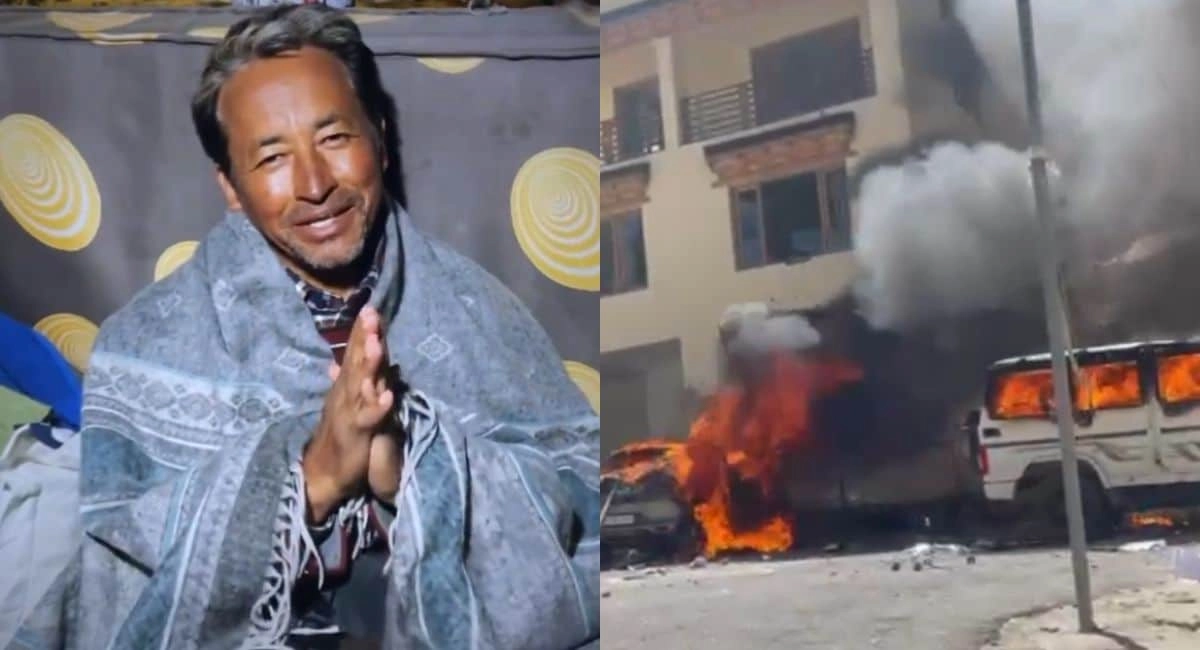In recent times, Ladakh has witnessed a surge of unrest, prompting Sonam Wangchuk, a renowned engineer and environmentalist, to make a passionate appeal for peace and unity among the region’s diverse communities. Wangchuk, who is widely recognized for his innovative approaches to sustainable development, has taken a prominent stance in advocating for the preservation of Ladakh’s unique cultural and ecological heritage. His call for peace comes at a critical moment when tensions among various ethnic and social groups have escalated, threatening the fragile harmony that has historically characterized this breathtaking region.
Wangchuk’s appeal emphasizes the importance of dialogue and understanding, urging the people of Ladakh to prioritize their shared identity over divisive issues. He believes that the strength of Ladakh lies in its cultural diversity, which should be celebrated rather than used as a basis for conflict. By advocating for peaceful coexistence, Wangchuk aims to remind the people that the challenges they face, including environmental degradation and the impacts of climate change, require collective action rather than division. He envisions a future where all communities work together to address these pressing issues, fostering resilience and sustainability.
In addressing the youth of Ladakh, Wangchuk highlights their pivotal role in shaping the future of the region. He encourages young people to engage in constructive conversations and to take initiative in promoting peace and understanding among their peers. By harnessing the power of education and innovation, the youth can become catalysts for positive change, steering Ladakh toward a path of cooperation and shared prosperity. Wangchuk’s message resonates deeply, as it calls for a proactive approach to peacebuilding grounded in respect for one another’s identities and aspirations.
Ultimately, Sonam Wangchuk’s appeal is not just a plea for calm; it is a vision for a harmonious Ladakh that embraces its rich cultural tapestry while addressing the socio-economic and environmental challenges of the modern world. It is a call to action for all Ladakhis to come together, fostering an environment where dialogue replaces discord, and collaboration supersedes conflict. In a rapidly changing world, Wangchuk’s message serves as a reminder that peace is not merely the absence of violence, but an active commitment to understanding and supporting one another in the pursuit of a brighter future for all.




